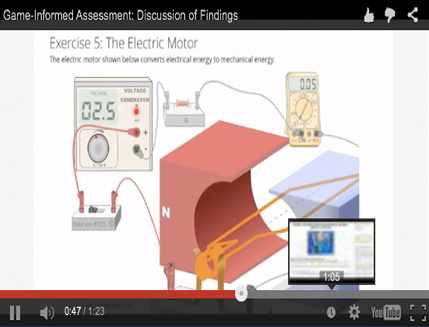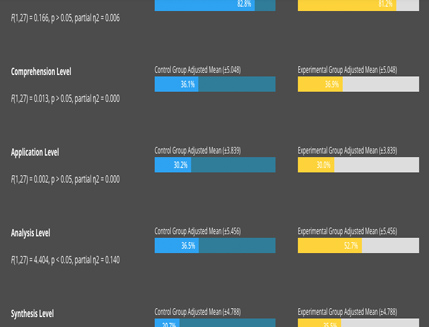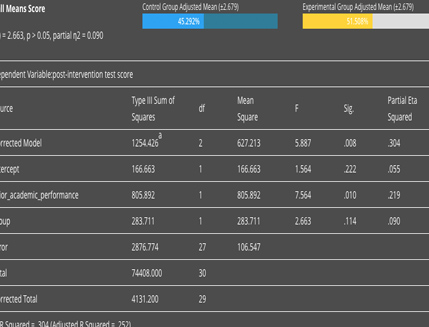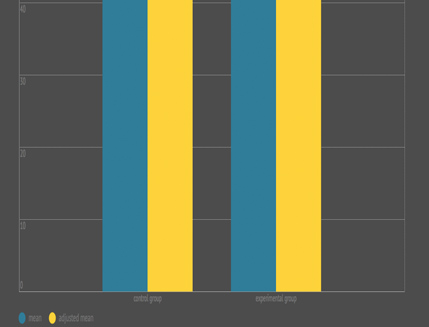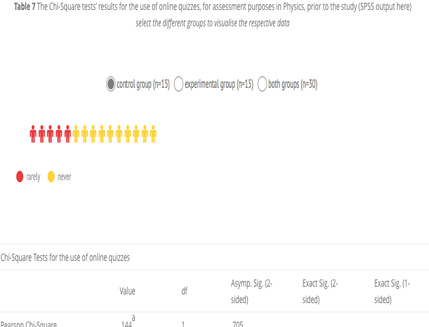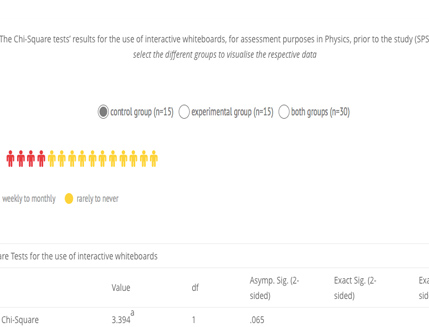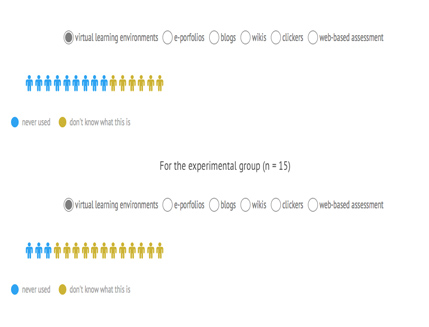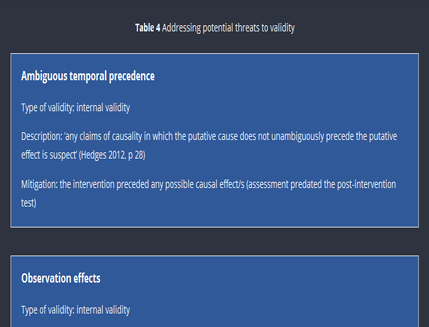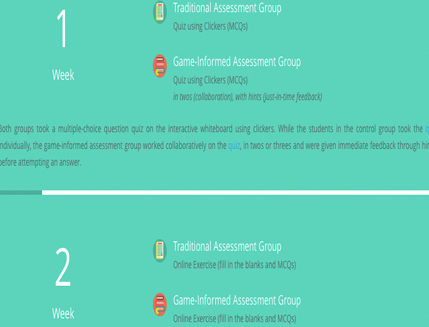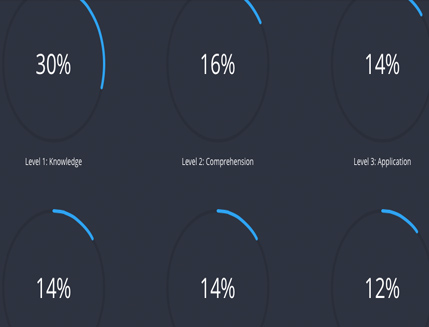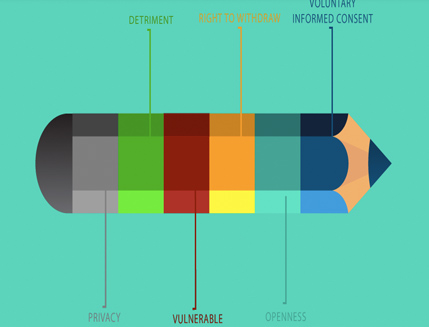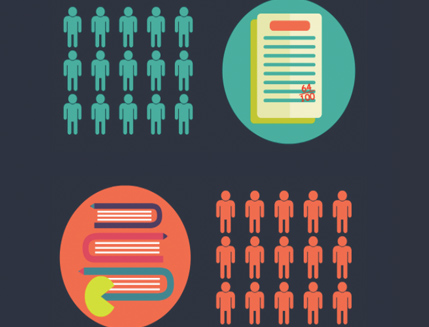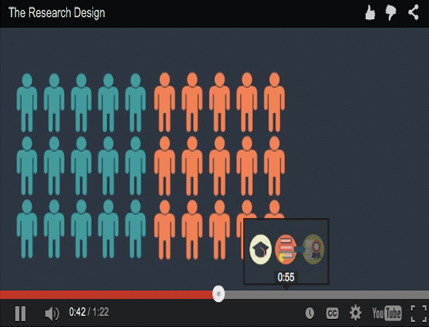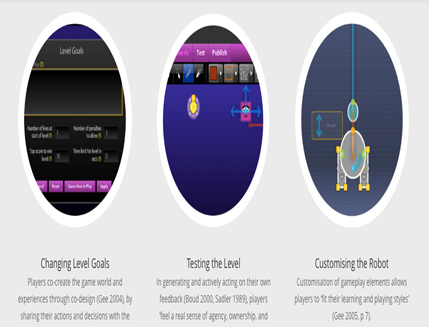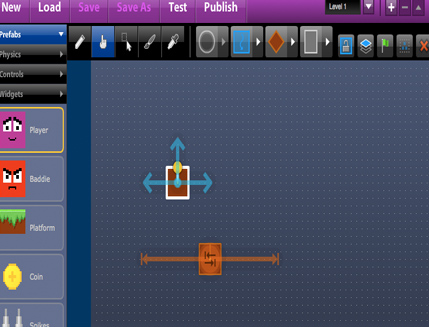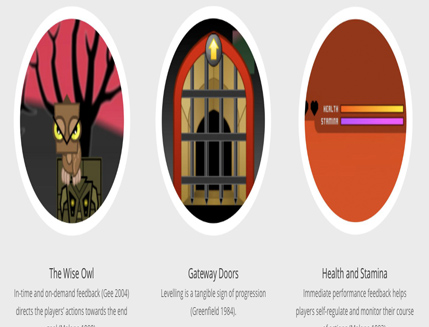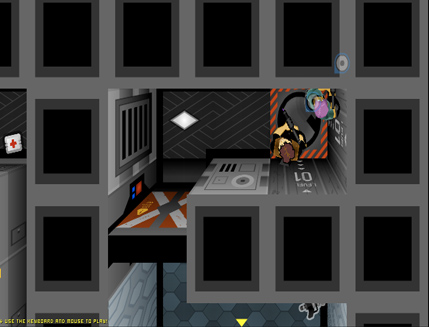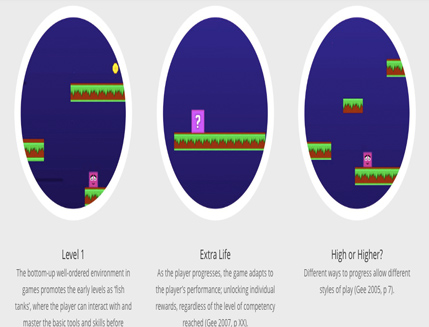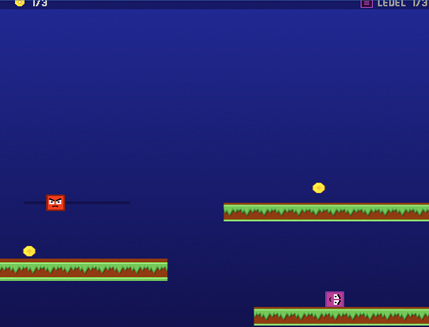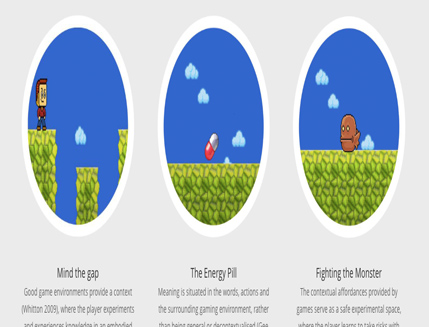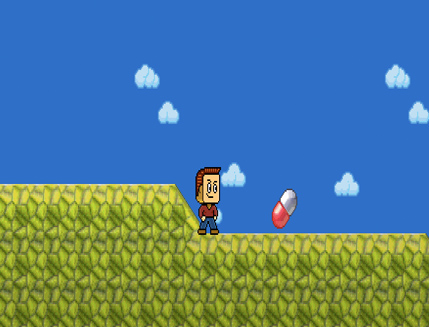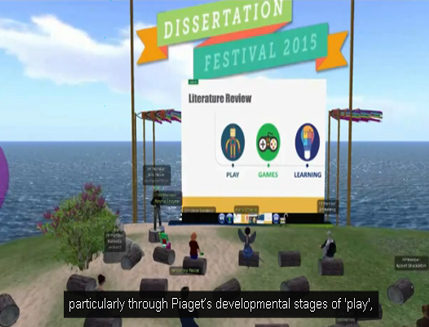Abstract
Games, as forms of play, can potentially inform and transform learning by providing meaningful learning environments (Gee 2005). This dissertation, underpinned by an assessment for learning philosophy, brings games, learning and assessment principles together, in an attempt to reframe current assessment practices. I have introduced the term ‘game-informed assessment’ (GIA) and developed a set of guiding principles, forming the game-informed assessment framework. This conceptual framework, informed by gameplay elements and principles of learning found in good game designs, utilises digital assessment technologies in an endeavour to provide a formative assessment that enhances students’ learning.
The framework was quantitatively evaluated through its capacity of acting as a catalyst for improvement in students’ academic achievement, operationally defined as the score or grade obtained on standardised tests measuring the different levels of the cognitive domain set by Bloom’s taxonomy of educational objectives (Bloom 1956). More specifically, the research question asked whether a game-informed approach to assessment using digital assessment technologies, improves the Physics test scores of Form 5 male students in Malta. A quasi-experimental design with 30 students in 2 groups was utilised. After a 10-week intervention period, during which the control group was assessed using traditional summative assessment practices while the experimental group followed a game-informed approach to assessment, all students took a test measuring their academic achievement. An analysis of covariance was performed on the overall mean test scores and on the scores obtained from the individual questions, categorised according to the different cognitive levels of Bloom’s taxonomy. All scores were adjusted for prior academic performance, which was taken as a covariate in all statistical analysis.
The overall adjusted post-intervention mean test scores, showed a positive, yet not statistically significant difference between academic achievement for the two intervention groups. However, on analysing the mean scores at the different cognitive processes of Bloom’s taxonomy, results confirmed a statistically significant difference at the analysis, synthesis and evaluation levels. This suggests that a game-informed approach was more effective at the more complex and abstract levels of the cumulative hierarchy represented by Bloom’s taxonomy. The observed correlation may be explained in terms of the intrinsic metacognitive properties possessed by the game-informed intervention, during which the experimental group was continuously being exposed to metacognitive knowledge and skills. These findings challenge the assessment of learning mentality brought about by summative examinations, in favour of and with greater emphasis on the cognitive gains brought about by an assessment for learning approach. More specifically, the research has shown that the way assessment is designed and delivered in class, has an effect on how students think and learn, and ultimately perform in traditional tests/exams. These interesting observations represent an attempt of philosophical shift towards a more comprehensive and inclusive mutual relationship between assessment and learning. As such, although not immediately generalisable, the theoretical foundations and empirical evidence resulting from this dissertation have the potential to inform future thinking and practice in the scholarly areas of games and assessment.
Welcome and Why Multimodal?
Hi and welcome to my dissertation, presented as part of my studies on the MSc in Digital Education programme at the University of Edinburgh. I am Stephen Bezzina, a secondary school teacher from Malta. My dissertation is in multimodal format, which basically means that it adopts more than one mode of representation. I hope that you enjoy reading, playing, listening and interacting with my work and feel free to get in touch using the form below.
stephen
Video 1 Multimodality [created by S. Bezzina]
(download reference pack here)
Acknowledgements
I would like to show my appreciation to the team of tutors at the MSc in Digital Education for their constant enthusiastic support throughout my 4 years on the programme. In particular, I would like to thank my dissertation supervisor, Ms Clara O’Shea for her excellent guidance, advice and feedback during all stages of my research. I would like also to thank Dr Hamish Macleod and Dr Jen Ross for the thought-provoking discussions that we had on the Research Methods course about the design and methods utilised in my dissertation. Finally, I would like to sincerely thank my family and Gail, for their patience and encouragement throughout the course of my studies.
Contact
Carousel of Tables, Figures, Videos, Games and all things Multimodal
Click on the images below to go to the respective pages
Go to the
Introduction



